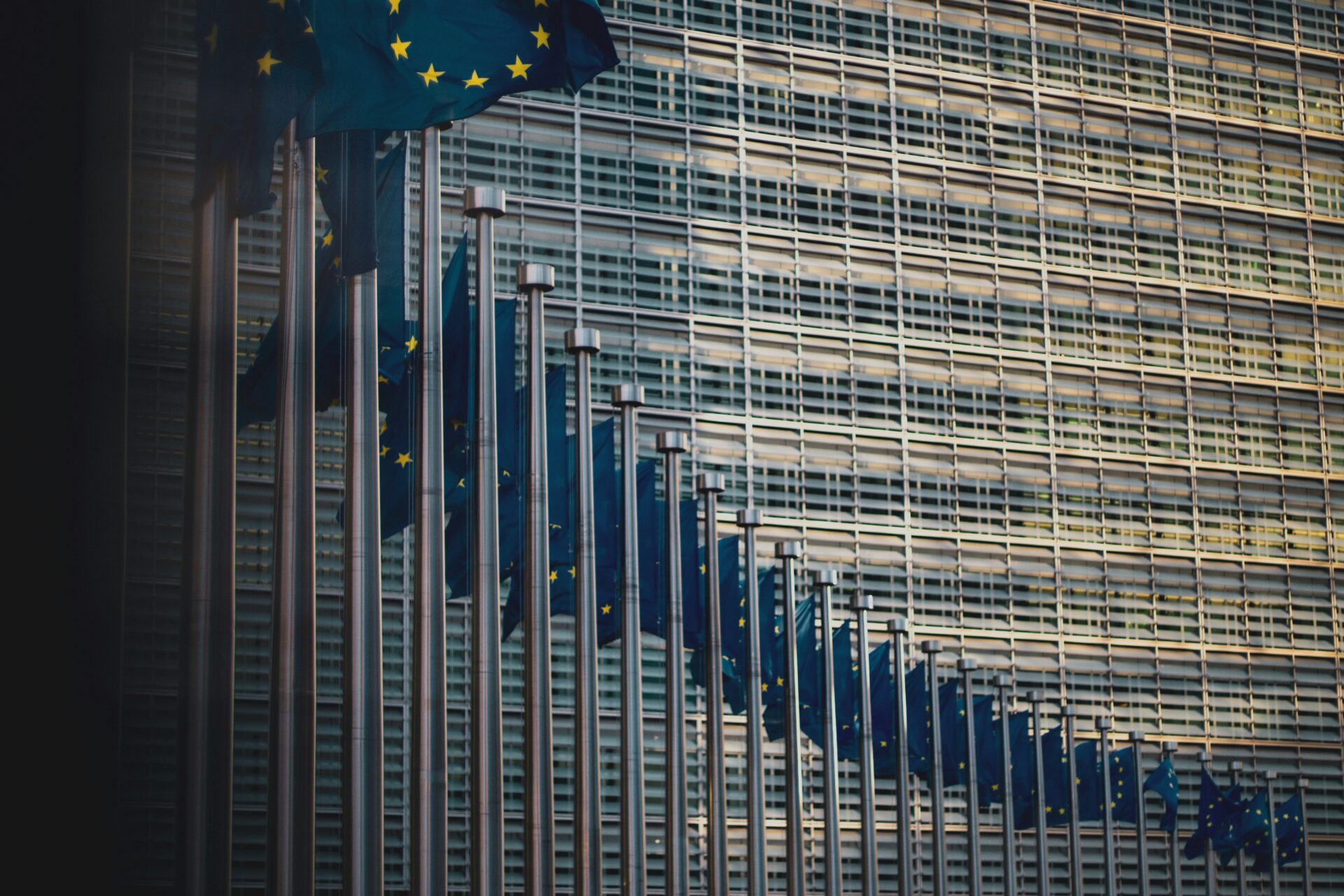The surprising statement from the German health minister emerged in early March: “Germany must be better prepared not only for future pandemics but also for major disasters and possible military conflicts,” said Karl Lauterbach in an interview with the Neue Osnabrücker Zeitung, voicing concerns regarding a potential escalation of the conflict in Ukraine.
He added, “We also need to strengthen our healthcare system, especially considering that Germany could potentially become a center for treating wounded from other countries in the event of the activation of NATO’s mutual assistance clause, however unlikely it may seem. We have already held discussions with experts from the Bundeswehr and are working closely with the Ministry of Defense and the Ministry of Interior. I anticipate that we will present a bill on this matter during the summer, which will then be promptly introduced by the Cabinet.”
The statement stirred significant attention and may have been perceived as an exaggeration by some. However, by the end of March, another statement from Poland’s new Prime Minister, Donald Tusk, resonated even more alarmingly: “I don’t want to scare anyone, but war is no longer a concept from the past,” he conveyed in an interview with European media in late March, underscoring that it marked the first instance Europe had faced such a situation since 1945. “Literally any scenario is plausible,” he cautioned.
Ambitions
Two years have proven sufficient to shatter any aspirations of a united Europe, becoming a formidable force capable of intervening in major crises within its immediate sphere. The Russian invasion of Ukraine underscored the disparities and hesitancy within the EU, a fact further highlighted by subsequent conflicts such as the Hamas-led attack on Oct. 7 in southern Israel and the ongoing Israeli military operation in Gaza, resulting in tens of thousands of casualties.
Questions persist regarding the European Union’s ability to contribute to peace efforts and assert itself as the global power its leaders envision. However, as official statements indicate, the prevailing sentiment suggests that the most realistic course of action is preparing for potential conflict. These crises, particularly the warfare unfolding on European soil, have laid bare the vulnerabilities of the continent. The EU’s foreign, security, and defense policies remain inadequate in addressing such conflicts.
Soft Power vs. Hard Power
Europeans often boast about their proficiency in using soft power rather than resorting to hard power. Their cohesion in lifting sanctions against Russia is lauded as a demonstration of bloc cooperation, as is their financial and political backing for Ukraine. However, it’s crucial to recall that since the cessation of hostilities in the former Yugoslavia in 1999, the EU has struggled to foster enduring stability and democracy in Bosnia and Herzegovina. Similarly, its efforts in Kosovo have been equally disappointing. Numerous EU member states do not acknowledge Kosovo’s independence, and Brussels has faltered in establishing robust rule of law institutions in the region.
The EU remained largely silent and inactive during the months-long women’s protests in Iran. It has failed to address Israel’s persistent expansion of illegal settlements in the occupied West Bank, its assaults on refugee camps in Jenin, or the corruption issues within the Palestinian Authority. Regarding conflicts in Sudan or Tunisia, which exacerbate migration problems, the EU’s impact is minimal.
Achilles’ Heel
The absence of a defense strategy represents Europe’s Achilles’ heel. Despite aspirations to become a global player, this goal remains attainable only to a certain extent through trade and political capabilities. French President Emmanuel Macron sees the war in Ukraine as an opportunity for Europe to bolster its defense and security capabilities, dubbing it “strategic autonomy.” Contrary to concerns in Poland and the Baltic countries about this potentially severing ties with NATO, it’s more about reinforcing Europe’s position within NATO and preparing for a scenario where the United States might weaken its commitment to the military alliance, particularly if Donald Trump is re-elected as US president in November.
“If we want peace, we must prepare for war.”
– European Council President Charles Michel
The discussion on the sensitive issue of increasing defense spending and the potential implementation of a Eurobond for defense commenced at the March summit and will continue to be deliberated at three additional summits leading up to the European elections in June. The proposal for a defense Eurobond has caused division among EU leaders, with southern countries advocating for it while the “northern bloc” remains resistant. Nonetheless, what persists is the open debate, with EU leaders agreeing that all avenues for significantly enhancing European defense should be explored.
European Council President Charles Michel recently stated, “If we want peace, we must prepare for war.” With tensions escalating in the continent’s northern and southern regions, the question arises: what actions can be taken? Is there room for diplomacy, stern statements, practical measures, threats, or perhaps a combination of these approaches?
Strategic Ambiguity
The backdrop is intense, and leaders’ travels indicate fluidity and potential developments in Europe. Chinese President Xi Jinping is scheduled to visit Paris in May, while German Chancellor Olaf Scholz and Russian President Vladimir Putin will visit Beijing just weeks apart. However, it was a quote from Putin in his post-election speech in Russia that appeared to offer a glimpse of hope for Ukraine.
“It seems that France can play a role. All is not lost yet,” he remarked, potentially signaling to Emmanuel Macron, as reported by Repubblica. The reality is that the French president has undergone a significant shift in his approach towards Russia in recent months. He has adopted a notably tougher stance against the Kremlin, going as far as not ruling out the possibility of deploying Western European soldiers to Ukrainian territory. This statement sparked disagreement with Berlin and thrust Paris into direct confrontation with Moscow.
However, Macron’s considerations extend beyond mere military escalation, as reiterated by the Elysée Palace, which emphasizes that such escalation “will depend solely on Russia,” including its actions on the front lines, its spring offensive, and any new challenges to the Western coalition supporting Ukraine. Despite these risks, Macron aims to rally allies to expand and accelerate aid to Kyiv. “War is on European soil,” he said in an interview with leading French TV channels, “There is less than 1,500 kilometers between Strasbourg and Lviv.” Additionally, signs emerge that Macron is unwilling to relinquish his role as a “force for peace,” as he emphasized in the same speech. “We must prepare for war if we want peace,” he frequently asserts.
“Russia Cannot Win”
However, there is a potential for double interpretation in the concept of “strategic ambiguity,” which encompasses more than just military options. Macron’s recent actions demonstrate a return to diplomatic language. In Berlin, alongside Olaf Scholz and Donald Tusk, he no longer advocates for Russia’s “defeat to ensure security in Europe” but rather asserts that “Russia cannot and must not win” — a significant nuance.
However, there is another aspect to consider. Macron reportedly informed a Ukrainian newspaper that Russia would be asked to observe a ceasefire in Ukraine during the Paris Olympics. While the French president’s team is currently downplaying this gesture extended to Moscow, there are insiders who believe it could be a card Macron might leverage when the conditions are right.
In January, Macron confided in his counterparts his intention to convene a peace conference on Ukraine either before or after Putin’s re-election. Although the idea appeared to have been shelved indefinitely at the time, analysts speculate that Macron’s recent shift towards a more militaristic approach could be laying the groundwork for a return to diplomatic initiatives.
“No-Limits Partnership”
In early May, Macron is set to host Chinese President Xi Jinping, marking Xi’s first trip to Europe since the onset of the pandemic. This visit coincides with the 60th anniversary of Paris-Beijing diplomatic relations, as China endeavors to mend ties with Europe that have been strained by Xi’s “no-limits partnership” with Putin despite the Kremlin’s involvement in the conflict in Ukraine. Planned months in advance, this visit will be closely monitored by both Washington and European capitals.
According to officials cited by Politico, China is attempting to convince Europe to include Russia in future peace talks, potentially in Switzerland; otherwise, Beijing has threatened to boycott such negotiations. Furthermore, in May, likely before Xi’s visit to Paris, Putin will travel to Beijing — his first trip abroad in his new presidential term. Notably, President Xi was among the first to congratulate Putin on his re-election, in contrast to Western European leaders who have criticized the election procedures. This convergence of visits raises speculation that Putin and Xi may collaborate on a peace plan to propose to European counterparts.
This article was originally published by the Incubator for Media Education and Development (iMEdD).





















